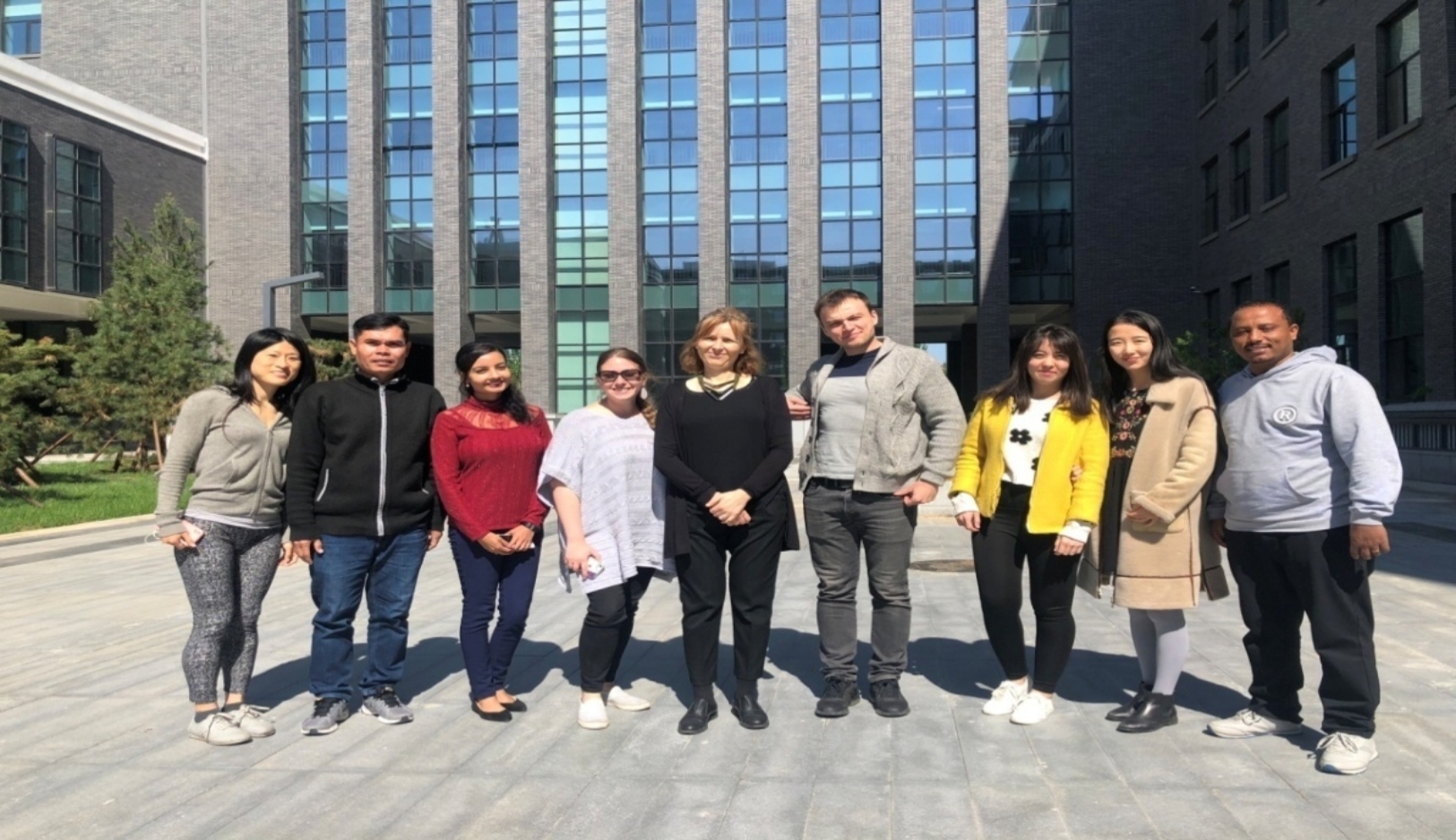From April 17 to 25, 2019, Professor Monica Elena Mincu from School of Education Science, University of Turin, Italy delivered a series of lectures on the topic of educational internationalization and teacher professional development for IICE’s International Education Podium on Changping Campus of BNU.
In the lecture entitled “Educational Internationalization, Regionalization and Localization”, Prof. Mincu reviewed the changes in educational forms and contents against the backdrops of economic globalization and the rapid development of information and technology, and pointed out that educational internationalization and regionalization has been an important trend in global educational reform and development. She argued that how to bring the relationship between internationalization, regionalization and localization into accord is a common challenge for global educational community, and thus demands policy borrowing and practice borrowing to address the challenge.
In the lecture entitled “Theory of Educational Personalization and Political Comparative Study: The Aims of Hard Work”, Prof. Mincu illustrated the challenges that comparative education faces in the age of globalization. She acknowledged the practical significance of the current main theories and methodologies employed in the field of comparative education, but also emphasized that comparative education needs to strike a balance between theoretical exploration and guiding educational praxis.
In the lecture entitled “Teacher Professionalism and Reform of Teacher Education”, Prof. Mincu reiterated the important role of teacher professionalism in students’ academic outcomes. She shared a number of empirical cases on teachers’ professional growth based on the definition of teacher professionalism.
In the lecture entitled “Teacher Quality and School Improvement”, Prof. Mincu mainly discussed with the audience the relationship between effective teaching, teacher quality, student achievement, and school improvement. She argued that teacher quality played a crucial role in enhancing underperformed students’ academic achievements and schools’ performance, but teacher quality should be underpinned by effective institutional planning on teacher education and issuing of supportive policies.

Prof. Mincu is fifth from left
